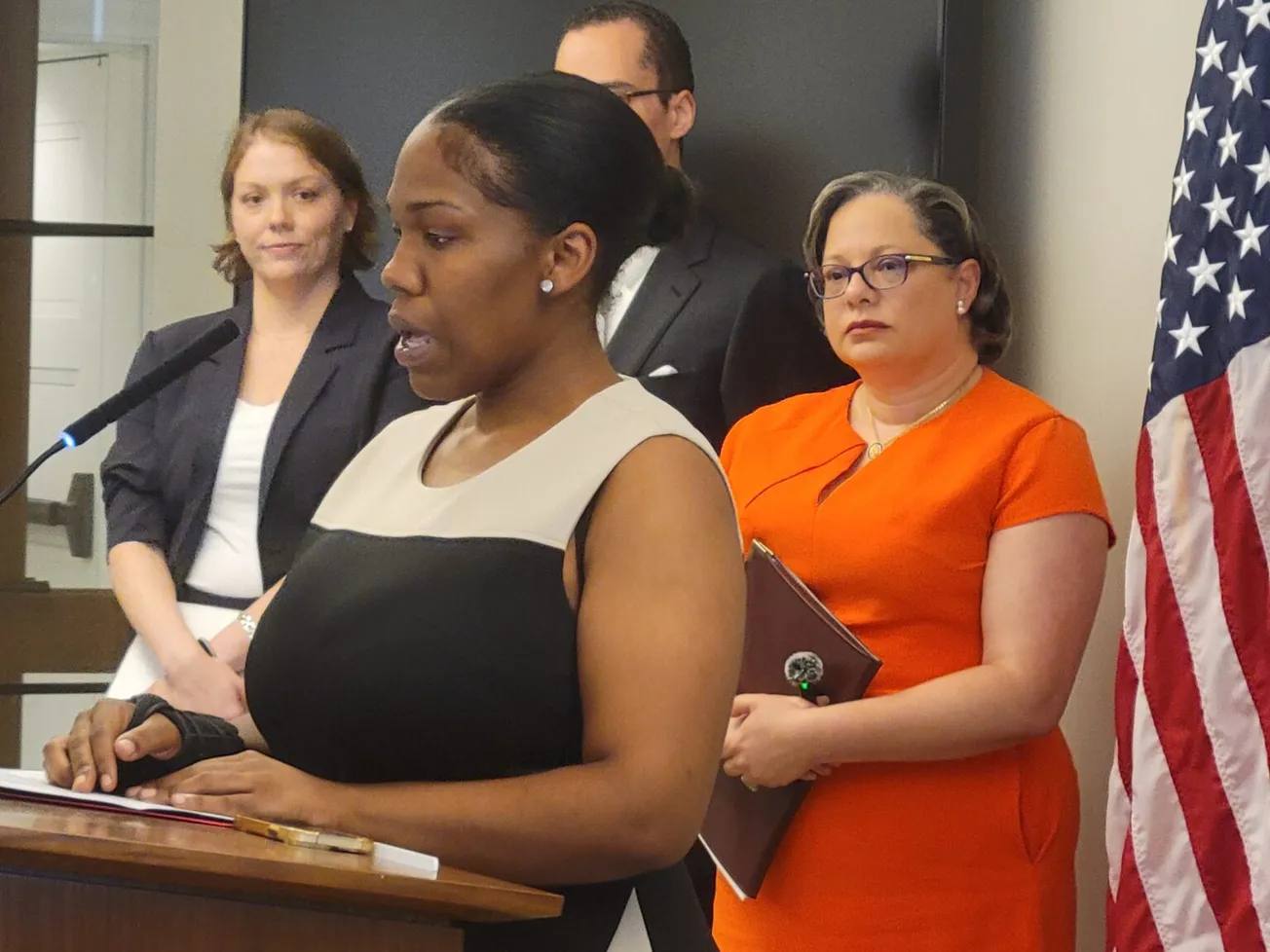‘Trying to do the best we can’: Va. lawmakers, beneficiaries brace for SNAP changes
If the state’s SNAP error rate doesn’t decrease, Virginia could be on the hook to pay $270 million annually, governor says

If the state’s SNAP error rate doesn’t decrease, Virginia could be on the hook to pay $270 million annually, governor says
